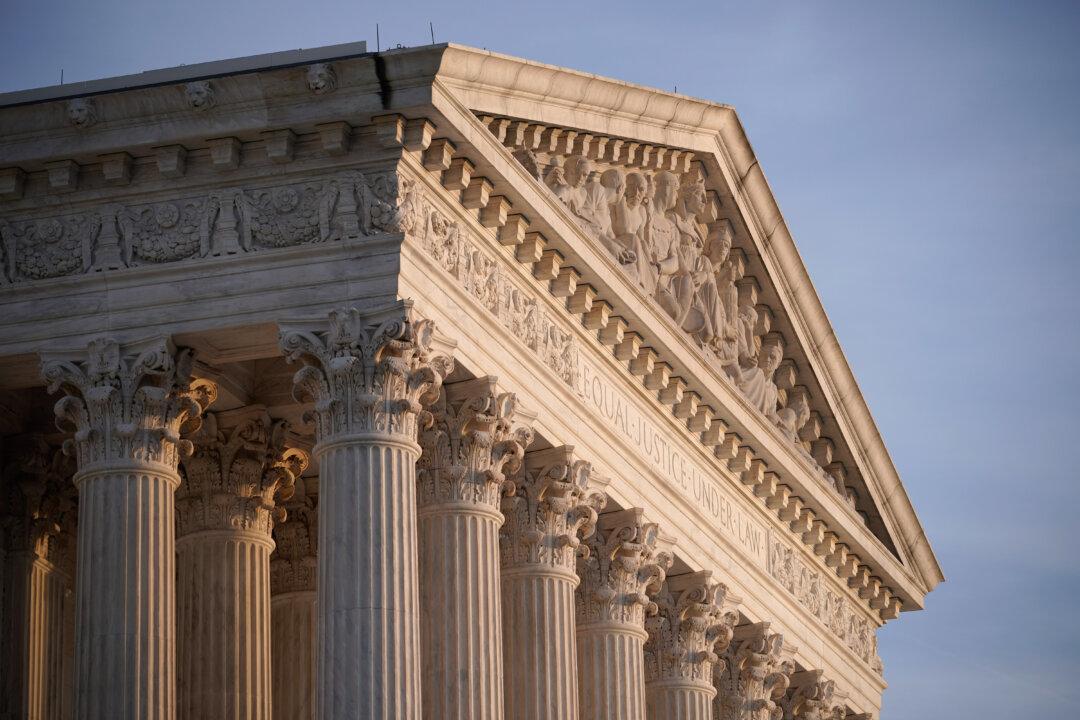The U.S. Supreme Court on Feb. 5 scheduled several high-profile contest-of-election lawsuits, including ones brought by attorneys Sidney Powell, Lin Wood, and the Trump campaign, for consideration at its Feb. 19 conference.
According to a case listing, the lawsuits include Powell’s Michigan case (20–815), the Trump campaign’s Pennsylvania lawsuit (20–845) and Wisconsin lawsuit (20–882), the Pennsylvania lawsuit brought by Rep. Mike Kelly (R-Pa.) (20–810), and Wood’s Georgia case (20–799).





